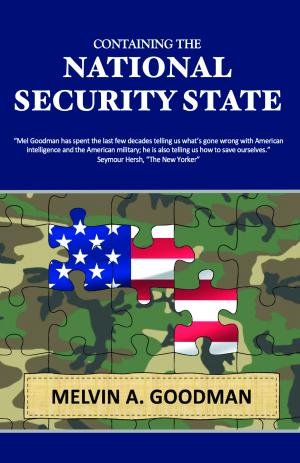Letters to the Editor
Arming Teachers: A Misguided ‘Solution’
Arming Teachers: A Misguided ‘Solution’ is my latest opinion letter posting today and being printed in Sunday’s New York Times.
UKRAINE: THE KEY TO UNLOCKING THE RUSSIAN-AMERICAN STALEMATE
Alexander Vindman, the former U.S. Army lieutenant colonel, provided testimony to the Congress in 2019 that framed the charge of abuse of power in the impeachment trial of former president Donald Trump. In doing so, Vindman displayed a political courage that is far different from courage on the battlefield. He is an American hero on various levels. Nevertheless, his policy positions on Ukraine, if adopted, would pose a danger to U.S. national security policy, risking an unnecessary confrontation with Russia and a divided transatlantic alliance.
Recent News and Latest Book
The CIA will give your book a pass so long as it praises the agency
The Feb. 1 news article “Bolton faces potential legal battles in standoff with White House over book” provided much-needed discussion of the arbitrary and capricious nature of the government’s pre-publication review process. Having submitted many book-length manuscripts to the Central Intelligence Agency, I have learned that books from senior officials that praise the CIA get very quick review and approval. Former CIA directors such as Robert Gates and Leon Panetta are never challenged. If you are an agency critic, however, you can wait as long as one year to get approval. Government censors rarely provide an explanation for their redactions, and authors have no system for challenging these decisions. Moreover, the censors are far more concerned with information they find embarrassing to a particular agency rather than concerning themselves with genuine national security secrets. As a result, the public is deprived of relevant information on many national security issues that require discussion and debate. Congressional committees and media outlets are similarly deprived.
Bolton’s Battle With Government Censorship
Former national security adviser John Bolton is about to learn that the government’s pre-publication review process is little more than a violation of the First Amendment’s free speech rights. Bolton’s book, “The Room Where It Happened,” which exposes the perfidy of the Trump administration’s orchestrated extortion of the Ukrainian government, is scheduled for release in March 2020. The book is already proving more damaging to Donald Trump than the 448-page Mueller report, and rivals the attention given to the CIA whistleblower’s account of Trump’s efforts to bribe Ukrainian President Volodymyr Zelensky. But there are indications that the government will demand the deletion of significant portions of the manuscript, and will do its best to delay publication as long as possible.



Biden administration’s approach to Russia and China unproductive | COMMENTARY
President Biden’s national security strategy was on display this month, and the picture was mostly unimpressive.